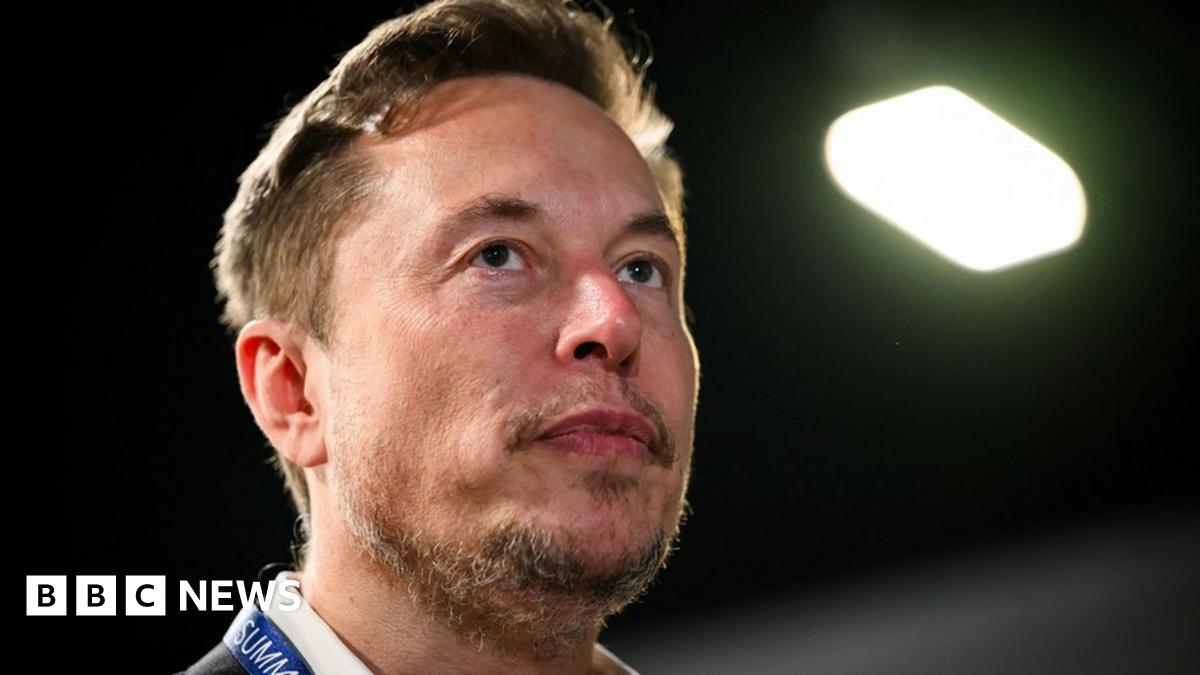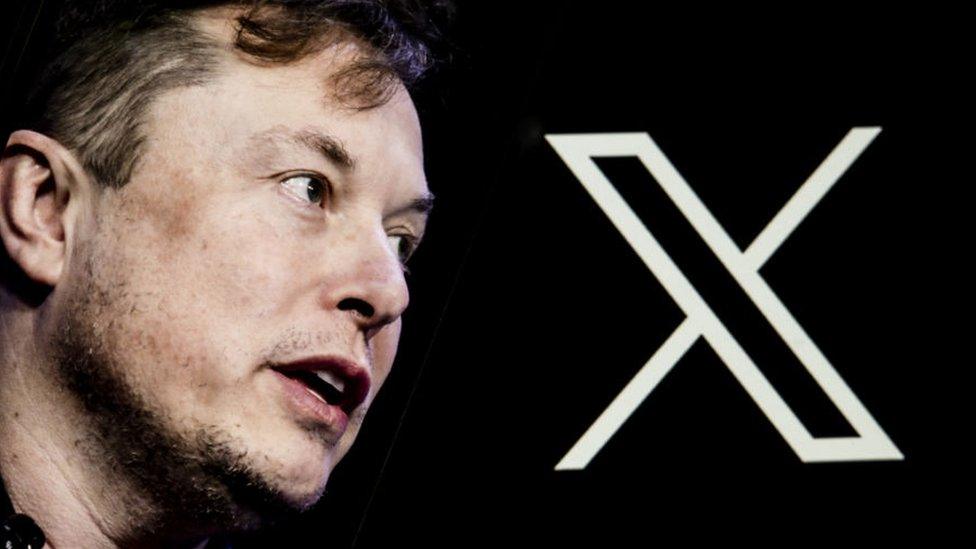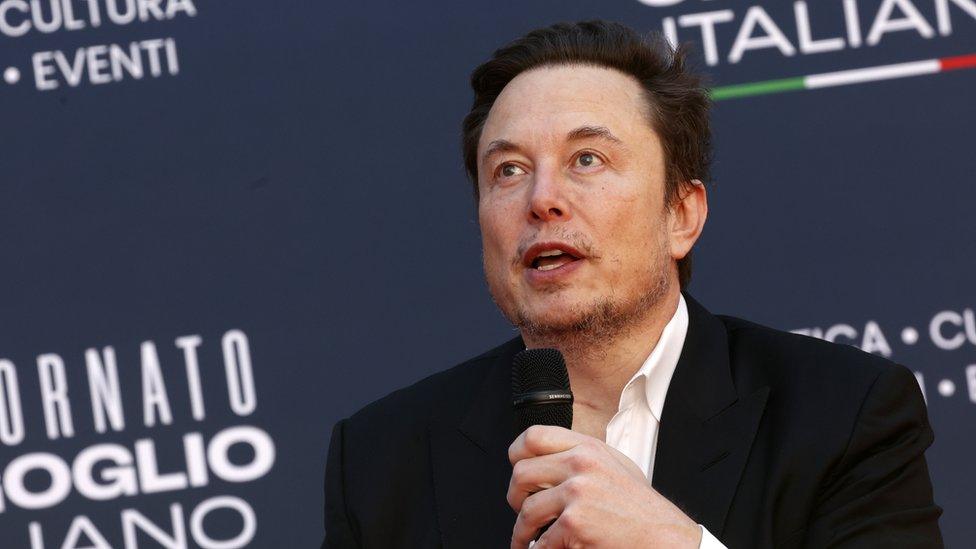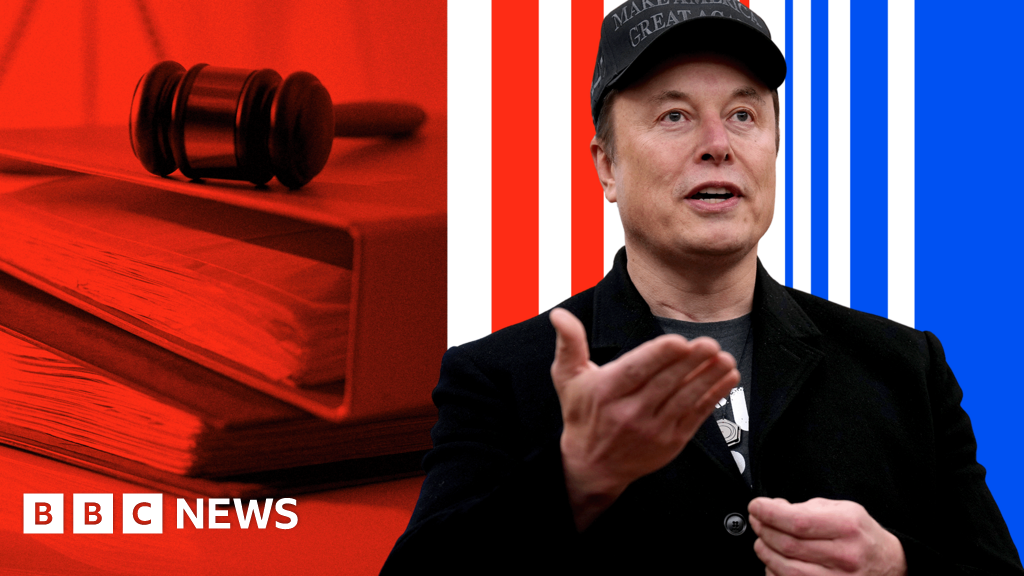## Ever wondered who funds all those crazy space rockets and brain-machine interfaces?
That’d be Elon Musk, the real-life Tony Stark who’s less interested in repulsor beams and more into colonizing Mars and, you know, revolutionizing transportation.
But how did this South African-born entrepreneur become a living legend with a net worth that makes your bank account blush? The BBC dives into the story of Elon Musk, exploring his meteoric rise from software whiz kid to tech titan. Buckle up, gamers, because this is a journey straight out of a blockbuster sci-fi flick.Twitter Takeover: The X Factor
A Billionaire’s Playground: Musk’s Vision for X

Elon Musk’s acquisition of Twitter, now rebranded as “X,” has sent shockwaves through the tech world and beyond. Musk, known for his bold ambitions and unconventional approach, has made it clear that he envisions X as more than just a social media platform. He aims to transform it into an “everything app,” a digital hub encompassing a wide range of services, including payments, messaging, and even potentially financial services. This ambitious vision has raised both excitement and apprehension, with critics questioning its feasibility and potential impact on user privacy and data security.
Musk’s stated goals for X include promoting free speech, combating misinformation, and fostering open dialogue. However, his implementation of these goals has been met with mixed reactions. The platform’s content moderation policies have been significantly relaxed, leading to concerns about a surge in hate speech and the spread of harmful content. Musk’s critics argue that his approach prioritizes unfettered expression over responsible content management, potentially creating a breeding ground for online toxicity.

The Rise of Hate Speech: A Growing Concern?
One of the most contentious issues surrounding Musk’s ownership of X has been the alleged increase in hate speech and misinformation on the platform. Since Musk took over, there have been numerous reports of hate groups and individuals using X to spread their messages with greater impunity. This has raised concerns about the platform’s impact on vulnerable communities and the potential for real-world harm.
While Musk maintains that X is committed to combating hate speech, his critics argue that the platform’s algorithms and content moderation policies are not effectively addressing the problem. They point to the fact that many instances of hate speech go unpunished, while legitimate content is often mistakenly flagged or removed. This lack of transparency and accountability has further eroded trust in X as a safe and inclusive platform.

The Great X-odus: Will Businesses Abandon the Platform?
Musk’s controversial changes to X have also had a significant impact on the platform’s business model. Many advertisers have pulled their spending from X, concerned about the potential for their brands to be associated with hate speech and misinformation. This exodus of advertisers has resulted in a sharp decline in X’s revenue, raising questions about the platform’s long-term sustainability.
The situation has become so dire that Musk has been forced to implement new subscription tiers to generate revenue, but this has further alienated some users who see it as a move towards a pay-to-play system that favors those who can afford to pay. The future of X as a viable business model remains uncertain, as Musk continues to experiment with radical changes that have alienated both users and advertisers.

Doge and the Future of Government
Outsourcing Efficiency: Musk’s Vision for Doge
In a move that has been widely criticized as unprecedented and potentially dangerous, Elon Musk has been appointed to lead the newly created Department of Government Efficiency (Doge), tasked with slashing government spending and streamlining operations. This advisory body, not a formal government department, operates outside the traditional bureaucratic structures and has been granted broad authority to make sweeping changes to federal agencies.
Musk’s vision for Doge is to eliminate waste, reduce bureaucracy, and make the government more efficient. He has spoken of “dismantling the tyranny of the bureaucracy” and saving taxpayers billions of dollars. While some supporters applaud his bold approach, many experts express grave concerns about the lack of transparency, accountability, and expertise within Doge. The potential for abuse of power and the erosion of democratic norms are major points of contention.
Transparency and Accountability: A Cause for Concern?
One of the most significant criticisms leveled against Doge is the lack of transparency surrounding its operations. Musk and his team have been accused of operating with secrecy, making decisions behind closed doors without public input or oversight. This lack of transparency has fueled concerns that Doge is operating outside the bounds of democratic principles, with little accountability to the people it is supposed to serve.
Furthermore, the composition of Doge raises questions about its competence and expertise. Many of its members appear to lack experience in government, public policy, or the specific areas they are tasked with reforming. This raises concerns about their ability to effectively manage complex government programs and make informed decisions with far-reaching consequences.
The Long-Term Impact: Reshaping the Landscape of US Governance?
The long-term impact of Doge on the US government remains to be seen. However, its radical approach and controversial methods have already had a profound impact on the political landscape. The move has sparked widespread debate about the role of private individuals in government, the limits of executive power, and the future of democratic institutions in the digital age.
If Doge succeeds in achieving its goals of reducing government spending and streamlining operations, it could set a precedent for future reforms. However, if it fails to deliver on its promises or if its methods prove to be too disruptive, it could further erode public trust in government and undermine democratic norms.
Conclusion
So, there you have it: Elon Musk, a man who defies easy categorization. From PayPal to SpaceX, Tesla to Twitter, his ventures span the realms of finance, space exploration, electric vehicles, and now, social media. The BBC article paints a vivid portrait of a visionary entrepreneur, driven by ambitious goals and a desire to reshape the future. While his net worth fluctuates with the volatile stock market, one thing remains clear: Musk’s impact on the world is undeniable. But what does this mean for gamers, for the future of entertainment? Musk’s foray into the tech landscape has already begun to reshape the gaming industry, with advancements in artificial intelligence and cloud computing poised to revolutionize game development and player experience. His ambitious plans for Mars colonization could even inspire a new generation of space-themed games. As Musk continues to push the boundaries of innovation, it’s a thrilling time to be a gamer, witnessing firsthand the convergence of technology, entertainment, and the boundless potential of human ingenuity. The question isn’t just “who is Elon Musk?” but rather “what world will he help create?”
